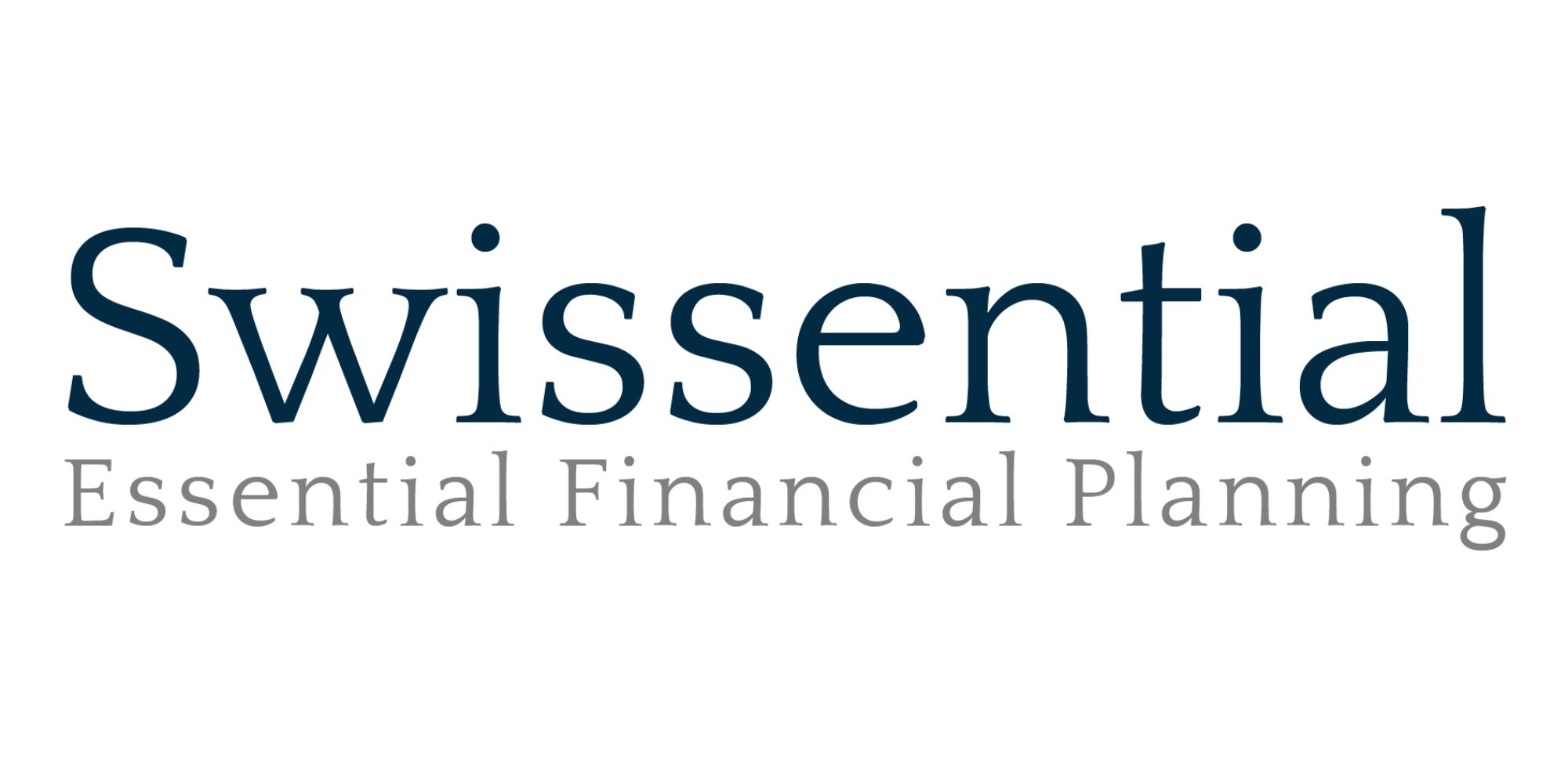“You should never pay more than 1% a year for your investments” I’m sure some of you have been to a seminar at work or listened to some YouTube finance expert talking about investments and how to do it – and what you should pay. Sounds great and gives you a base line for your own comparisons but its only half the story.
What fees could you pay? Does this 1% cover the custodian fees? What about the investment management fee? And the underlying fund fees? The big one and no one speaks about is the financial planning fee – what is that? Is that included in that 1%?
If you want to manage money by yourself its easy to keep all fees below 1%. You just need to worry about the custodian (where do you hold your investments – avoid banks if you want to pay less than 1%) and the underlying investments (shares = no cost / collective investments 0.2% – 1% p.a.) But do you have the knowledge to manage your own investments? Are you confident enough to avoid common behavioral traits that ruin any best laid plan? And do you know why you’re investing in the first place? What is your Plan?
Outsource the management or if you receive financial planning advice and fees creep up. But not necessarily by much.
The discussion about fees is an important one and knowing what you pay and to whom is important. Not just for your own piece of mind but for accountability. And lump sum fees should never be built into products – you must be able to cancel them. I’m amazed at people who tell me 1% a year is expensive. People think they pay far less than they actually do and they receive little to no service. I look at portfolios that are charged at 0.5% management fee and I look under the bonnet and they pay over 2.5% per year within collective investment fund charges – some fees are explicit and some hidden – do you know where to look?
Also and by no means a small point is the significant impact of financial planning. Not only from a time saving perspective (your time) but you can save significant taxes too. Why are you investing if you can buy back missing years of your second pillar? What’s your tax rate 25-40%? Wouldn’t you prefer a tax saving and a plan to maximize these and balance this with your investments over time? Pay for advice and you might end up investing less than you would otherwise, saving tax and time. You may end up paying for a service that helps you achieve what you want and saves you money. You’d want to pay for that service? Right?
Value. That’s what is important. Not the size of the fee.







